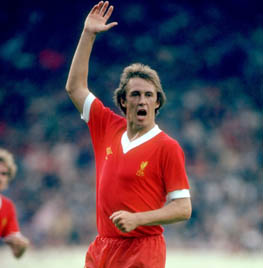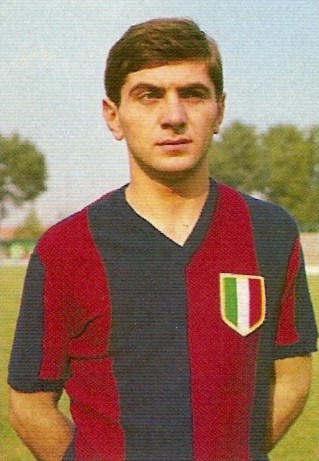Gyula Grosics
The GK for Mighty Magyars, the Hungarian Golden Team of the 1950s. Regarded as one of the greatest goalkeepers of all time, he was thought to be the first goalkeeper to play as the sweeper-keeper. With Hungary effectively playing an attacking 3-2-1-4, with the back three spread wide, an increasingly mobile goalkeeper was needed, and Grosics was perfect for the role.
Early Life:
Born in a coal-miner’s family in the small Hungarian town of Dorog. Grosics’ appearance as a footballer was truly a sweet accident. He was training for priesthood in his younger days and only continued pursuing his passion for football for his mother. One bright morning he was called to play for his local team while he was going to a nearby church as the team’s goalkeeper was unavailable due to a war call-up. That incident proved to be a blessing for the entire football world.
Playing Style:
Powerfully built, but lithe and flexible, Grosics was a key figure in Hungary's success. As a goalkeeper, he was ahead of his time, operating not only with athleticism and anticipation in the goal itself, but always ready to act as a kind of sweeper if his defence were breached, dashing well beyond his penalty area to kick the ball clear. His presence was always a reassuring influence over his defence. Grosics entered folklore as a revolutionary performer because of an unusually adventurous approach to his work. Not content to remain in his six-yard box making the occasional acrobatic save, the Hungarian became arguably the first sweeper-keeper, ready to charge from his line, even beyond the confines of his penalty area at need, effectively becoming an extra centre-half.
In this swashbuckling style, he was also adept at starting sudden attacks with incisive, accurate throw-outs to his full-backs or wingers. Grosics possessed of remarkable spring in his heels and utterly refusing to be restricted by his lack of physical stature. Possessing an excellent leap, solid ball-handling skills and a superb sense of anticipation. Where he truly excelled, though, was with the ball at his feet, his touch rivalling that of his outfield colleagues. As a result, he became the starting point for his team’s attacks and advanced far off his line to pick out passes, challenging the idea that a goalkeeper should remain confined to his box.
Black Panther:
He was a pioneer, too, in launching the all-black kit eventually embraced by the Soviet Union hero Lev Yashin and other European goalkeepers.
England's brutal introduction to 'sweeper-keeper':
In 1953 the game of Magyars vs England was billed as Game of the Century. Most remember the impact of withdrawn role pioneered by Hidegkuti and goal by Puskas, but few recall the introduction of a new style of goalkeeping, one that was proactive and more about judgment than about getting your angles right.The English confusion towards Grosics is best exemplified by the response of commentator Kenneth Wolstenholme when Grosics charges out of his box to meet a pass by England’s Jimmy Dickinson and clears the ball with impeccable timing. Unsure of what he’s just seen, Wolstenholme simply says, “Unorthodox, but effective.”
Aftermath to Miracle of Bern:
World Cup Final 1954 remains one of the biggest shocks in football history, told in Germany as the ‘Miracle of Bern’. The communist leader of Hungary Mátyás Rákosi, who had indicated in no uncertain terms that Hungary must win the World Cup, was furious. Being the goalkeeper and therefore the scapegoat in football history, Grosics was blamed for the defeat having been beaten three times. The debatable decisions were not taken into account, and Grosics bore the full brunt of communist tyranny. On his return to Hungary, he was detained, interrogated, and taken to a military hearing, where he was told that he was under suspicion for espionage, a charge which carried the death penalty. When the Honvéd players such as Puskás, Czibor and Kocsis managed to escape in 1956 as the country descended into chaos and attempted revolution, Grosics was left behind. However, there was no real evidence against him and he went back to the game in 1956. Now Grosics flourished anew, captaining a Hungary team weakened by serial defections to the World Cup finals of 1958 and 1962 before retiring as a player, then coached briefly. The legend passed away in Budapest on 13 June 2014.
Sounds evil.

Sounds evil.

it's our third child after a 10 year gap

it's our third child after a 10 year gap














